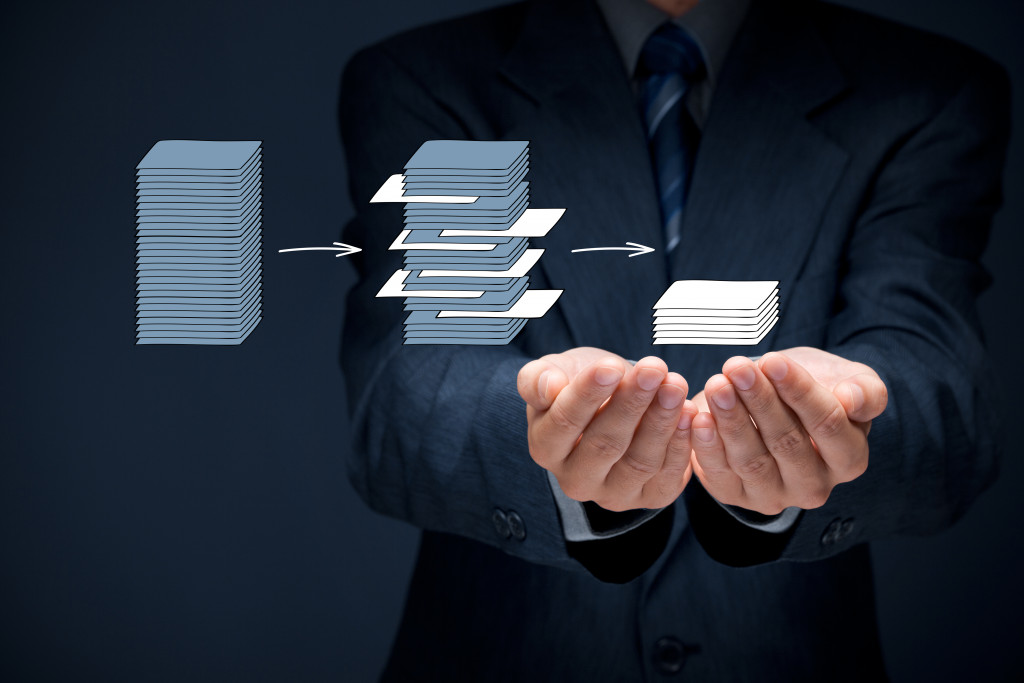You may have heard of these two terms, and if you are new in data analytics, you might get confused. Large companies throw these terms as if everyone should understand them. As a business owner, you should.
Both technologies are used to analyze data to help you in your decision-making processes. The differences lie in how they work and the data that they interpret. Read on to know which of these two data processes helps your financial planning and analysis consulting partner.
What Is Big Data?
Big Data, as the term suggests, refers to large sets of data that your simple data processing tools and techniques cannot handle, such as your Excel. To handle Big Data, companies need an infrastructure that can store and process these data.
Big Data are simply sets of data. You must find the tools to obtain useful and significant insights from them. The main objective of Big Data is to capture, process, and analyze structured and unstructured data to help create better customer outcomes. It’s not the amount of data that matters. It’s what you do with these data that can make a big difference.
Industry analyst Doug Laney defined Big Data according to its volume, velocity, and variety. Businesses collect data from different sources, including social media, business transactions, equipment, and other sources. These data come in different formats – numeric and structured data to text, documents, videos, financial transactions, and many others.
Analysis of Big Data can help organizations and businesses achieve the following:
- Root cause analysis of issues and defects in almost real-time
- Generate real-time rewards for customers
- Detect fraudulent and questionable transactions that can cause significant losses.
What Is Business Intelligence?
Business Intelligence (BI), on the other hand, refers to the set of systems and products implemented to enable companies to collate, analyze, and visualize data. The analysis is used to make better business decisions that can benefit the company.
Business Intelligence involves business analytics, data mining, data visualization, data infrastructure, and processes that help companies make decisions based on data. These decisions can help eliminate inefficiencies, implement changes, identify opportunities to improve profit, and adapt to market changes.
Business Intelligence processes include the following:
- Data mining – the process of collecting data from databases and statistics from large sets of data
- Reporting – presenting the data analysis to stakeholders
- Benchmarking – comparing current performance to past performances against specific metrics
- Descriptive Analytics – telling a story of what happened based on the initial analysis
- Data Visualization – converting data analysis into graphs, charts, and other visual tools.
- Visual Analysis – exploring the data to gain and communicate insights
- Data Preparation – compiling of data sources and identifying metrics for data analysis
With Business Intelligence in place, organizations and businesses can do the following:
- Create opportunities to increase profit.
- Analyze and understand customer behavior.
- Track the performance of the company.
- Identify issues.
How Are Big Data and Business Intelligence Related?
Big Data is a component of Business Intelligence. It is one of the places where Business Intelligence mines the data that it needs. It is just one of the sources for data mining because Business Intelligence also mines data from sales reports in Excel files.
Both Big Data and Business Intelligence aim to help businesses and organizations make decisions based on data. Business Intelligence allows analysts to find the answers to the questions of business stakeholders. On the other hand, Big Data helps businesses to find questions that they did not think to ask before.
The two differ in how they handle data. Business Intelligence handles data in a structured manner. These data are saved in a data warehouse platform.
In a Big Data environment, data are saved in a distributed file system instead of a central server. That allows for flexible accessibility and processing.
Do You Need Both BI and Big Data in Your Business?

Data analytics is essential in growing your business. You can only make effective decisions when you base them on existing data. Both can help you get the insights that you need to strategize how to propel forward.
With both Big Data and Business Intelligence, you can do intuitive sales analysis, real-time inventory analysis, and consumer analysis. Intuitive sales analysis allows businesses to determine their strengths and weaknesses. Which products make the most sales? Which products are doing poorly? It will also enable companies to identify the dates that they make the most sales, allowing them to prepare their inventory.
Real-time inventory allows enterprises to improve their operational efficiency and eliminate bottlenecks, while customer analysis will enable businesses to identify which customers are the most profitable. It allows them to pin-point loyal customers and employ rewards programs, which can increase customer satisfaction.
It is recommended that businesses use Business Intelligence and Big Data together for more targeted and efficient marketing, happier customers, and a more efficient organization.